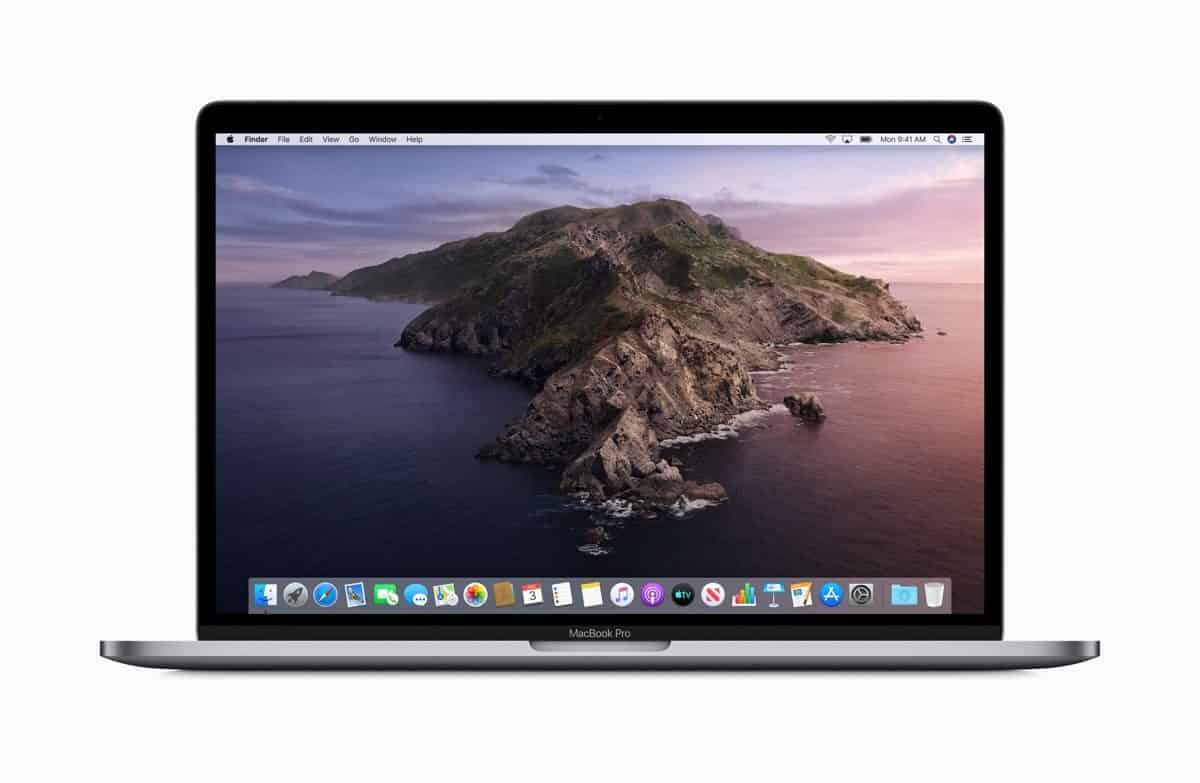Apple Continues to Quietly, Remotely Delete and Install macOS Files
For the sake of security and Catalina app compatibility, Apple has been remotely deleting and adding files to macOS.

Zoom Related Apps
Previously, we reported that Apple has quietly removed a Zoom installed web server from macOS for security reasons.
[Apple Releases Mac Update to Remove Zoom Web Server.]
Now, we’ve learned, as our Charlotte Henry reports and The Verge clarifies, Apple has removed associated web servers from the RingCentral and Zhumu apps.
These video conferencing apps both used technology from Zoom — they’re essentially white labels — and thus they also had Zoom’s security flaws. Specifically, they installed secondary pieces of software that could take commands from websites to open up your webcam in a video conference without your intervention.
This is good news; Apple is looking out for us. My only complaint is that Apple, a company obsessed with notifications, hasn’t figured out a graceful way of notifying the users of macOS that their OS has been remotely modified by its creator. It’s a challenge to be informative but not alarming, but I think Apple can do it.

Catalina’s won’t run 32-bit apps. You’ve been warned.
Compatibility Notification Data
On July 17, The Eclectic Light Company reported that Apple has recently, remotely installed the file: CompatibilityNotificationData.bundle in:
/System/Library/CoreServices/
Mine is dated July 3rd, 2019. The Eclectic Light Company developer explains:
Related
Inside this Property List are dictionaries inside dictionaries, which list apps which aren’t 64-bit and therefore will be incompatible with Catalina. Each is given a minimum and maximum version number, and may be assigned to an app group….
This bundle is clearly part of preparations for migration to Catalina. The data might be used by the existing Legacy Software item in System Information, but might also be required for another tool which will ship with the 10.14.6 update, due very soon now.
Again, I have only a little heartburn about this. Especially since there are software tools that flag changes to the OS. But like the argument above, for the sake of transparency and trust, Apple might think about a notification system specially designed to alert the average user. That would avoid a situation in which users discover a potentially alarming change from some other source and become annoyed.
It would also assist IT managers who work with Macs that are often offline, such as ships at sea or those taken into SCIFs. That is, if they haven’t been formally notified by some other means.
I expect to see more of these quiet macOS changes from Apple as security threats evolve. (Like the XProtect system that’s been in use for years.) Until Apple decides to keep users informed, we’ll just have to discovered these changes amongst ourselves.

0 Response to "Apple Continues to Quietly, Remotely Delete and Install macOS Files"
Post a Comment